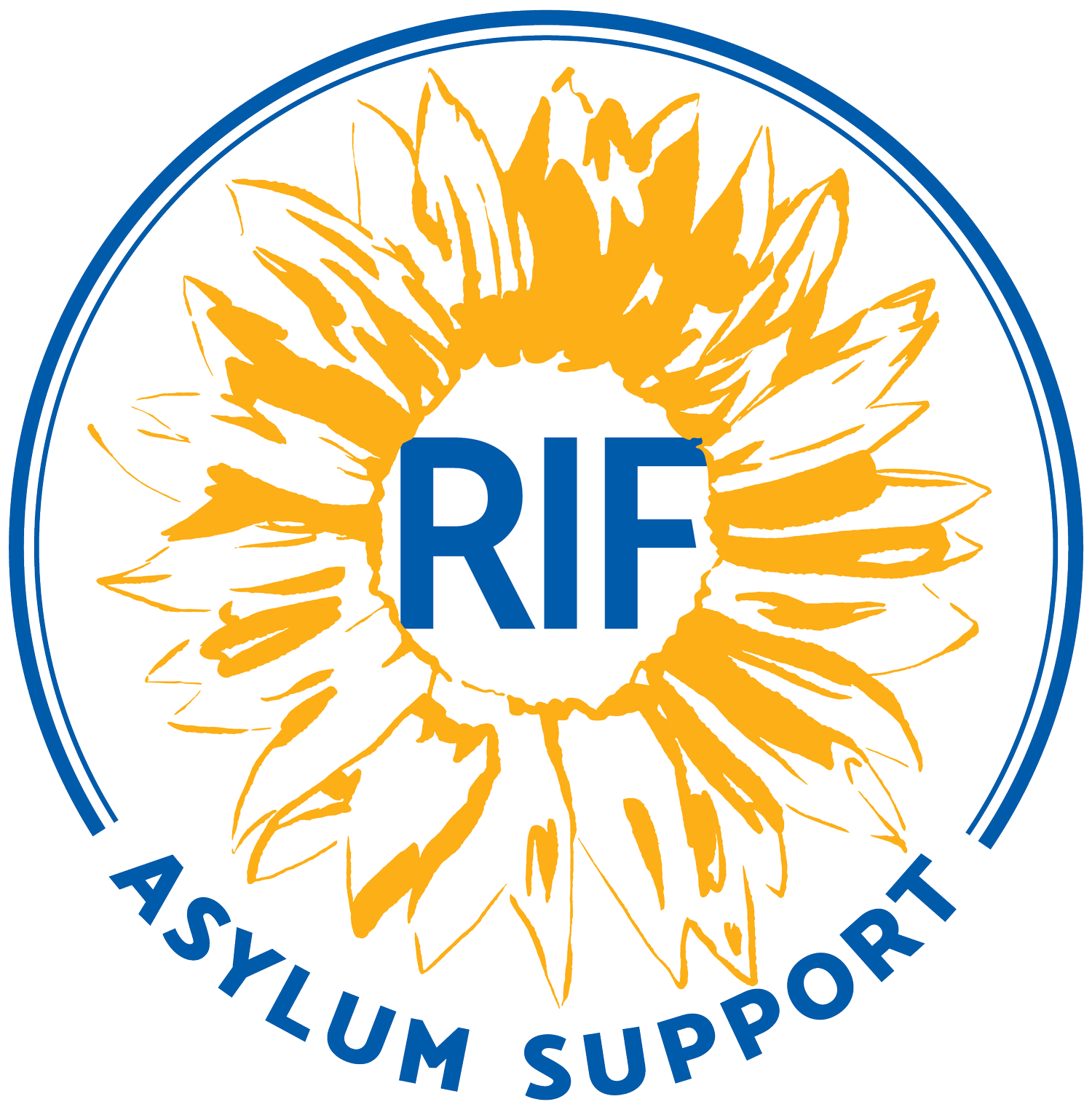Where Can Haitians Go?
Meet Athena Viscusi: A Voice from the Ground
RIF’s longtime friend and supporter, Athena Viscusi, is head of the psychosocial unit at Doctors Without Borders USA. She just returned from a month on the ground in Haiti. Athena has worked in the country before—in 2010–11 and again in 2017—and what she’s seen this time left her deeply shaken.
Her firsthand account reveals a nation in collapse. We’re sharing her words directly with you, so you can understand the reality Haitians are living, both in Haiti and those who live here in the U.S.
Haiti: A Nation Under Siege
By Athena Viscusi
I returned from Haiti in June, after spending a month there. Having worked there in 2010–11 and again in 2017, what I saw this time was worse than ever.
Armed gangs control nearly everything—roads, neighborhoods, even the capital’s airport and seaport. The only safe travel in or out is via UN helicopter, and that’s limited to officials and aid workers.
Neighborhoods are uprooted by gang incursions. Families flee multiple times, often losing everything as homes are pillaged or burned. Schools, hospitals, and public places have been destroyed. Since rent and school fees are paid annually, people forfeit everything with each forced move. Housing is scarce. Schools are overcrowded.
Civilians are trapped between gangs, neighborhood self-defense brigades, and heavily armed police who often behave like yet another militia. People live in a state of high alert, constantly watching their phones for the latest danger, always ready to flee. Everyone has either experienced, witnessed, or feared violence, leading to a high degree of psychological trauma.
Some families send loved ones to safer areas for their protection, putting even more strain on already fragile finances. The violence has also exacerbated the brain drain. Of the 20 Haitian professionals I worked with in 2010, only two are still in the country. The rest have fled.
Daily life for many in Haiti feels like a prison, living on an island without even the possibility of going to the beach. Now, they may lose even income from remittances as relatives in the US lose legal status.
What This Means for Haitians in the U.S.
Despite this current situation, the Trump administration recently canceled Humanitarian Parole for hundreds of thousands of Haitians, stripping them of the ability to live and work legally in the country.
Now, Temporary Protected Status (TPS)—a lifeline for many—is expected to expire on September 2, leaving thousands more in a state of legal limbo.
Haiti isn’t a short-term emergency. It’s a deepening crisis that continues to escalate. And for the Haitians in the U.S., returning to Haiti is not a viable option

